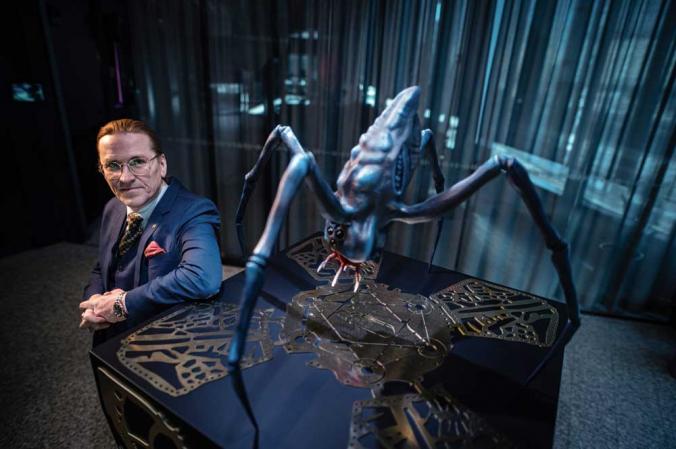Why Your Service Techs Are Deciding Your Future
The late Steve Jobs once said: “Get closer than ever to your customers. So close that you tell them what they need well before they realise it themselves.”

There was a time when the idea of investing in customer experience was an act of bravery. In fact customer service futurist Blake Morgan recently said as much on Forbes. That’s odd. The idea seems dated now. Customer experience and subsequently customer satisfaction should be at the heart of all businesses. You don’t need to be brave you need to be smart.
Perhaps the problem for most businesses is that they don’t know how to get close to customers? While they have sales teams and customer support teams and marketing teams, who really gets close and truly understands the customer? Who can get close enough without an ulterior motive? Who can be trusted?
What businesses have to consider is the changing culture of business. KPMG Nunwood calls it the “expectation economy” and although this sounds a bit, well, consultancy speak, there are elements of truth to it.
- Despite multi-billions of investment in 2017, only a small number of UK firms succeed in making customer experience a source of value, says the report.
- The good news is that top-ranking firms are achieving sustained improvements in CX that flow to their bottom line.
This fits with the idea that higher quality customer experience will be recognised as a primary driver of B2B investment strategies and decision making in 2018. As we have already said – you don’t need to be brave, you need to be smart and there is no greater justification than revenue.
Then there is competition. Given the saturation of cutting-edge technology across industries and markets, combined with the accessibility of cheap products made overseas, companies will struggle to maintain competitive differentiation. Higher quality customer experience will become a critical avenue of this differentiation, taking a page from B2C company handbooks which value elegance, ease of use, and customer experience above all else in order to retain customer loyalty. Think Disney and Apple here.
So who has most in common with the likes of Mickey Mouse and Pluto? Field service technicians. Bet that was not your first thought, was it? But think about it. B2B companies have found their customers interact more with the service arm of their organisation than both the sales department or marketing department. Understanding customers, their history, their products and their current needs is the realm of the field service engineer. The engineer now has access to mobile technology and cloud-based tools that can upgrade customers immediately. It is about offering an informed product sale based on customer intelligence.
Fixing customer products on site quickly and easily is one thing, but improving their products and services, saving them money and making their working lives easier is what leads to happy customers. Bill Gates once said: “your most unhappy customers are your greatest source of learning.” To a certain extent he is right, but surely you can also learn a lot from happy customers and what you are doing right as a business?
If you can unlock the door to happiness you can differentiate and invest resources intelligently and not based on old traditional thinking. As businesses look to their Net Promoter Score (NPS) in the coming year, perhaps they would be wise to think of Mickey and how service engineers are not just mice on a wheel but valuable resources that could ultimately make the difference for businesses in fast changing, tech-driven economies.
Text: Dave Hart, Senior Vice President of Global Customer Success at ServiceMax from GE Digital








